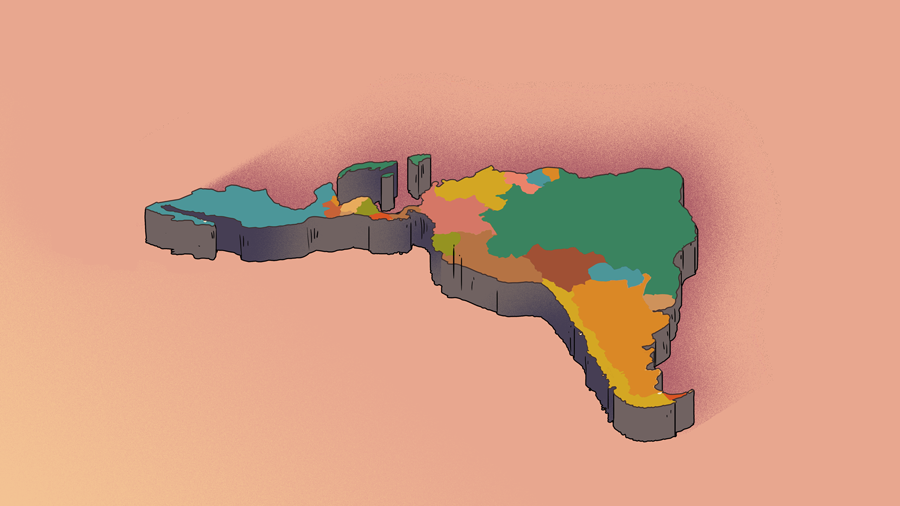Juan Luis Palma is Latam Regional Director of Capria, a global investment firm.
Latin America’s growing startup ecosystem stands out because of how the region is using the combination of technology and business to build a foundation for a future that is better than what countries in this region have historically seen. International VCs like Sequoia Capital, Capria Network, Naspers and Didi Chuxing are heavily investing in the region — a testament to the potential this region now holds.
Subscribe to the Crunchbase Daily
When it comes to grooming unicorns, Brazil might lead the pack, but nations like Chile and Argentina are not far behind. From Tencent’s recent deals with fintech firms like Brazil’s Nubank and Argentina’s Ualá to SoftBank’s announcement of a $5 billion fund for Latin American startups, VCs and private equity funds are going for the kill despite the risks.
Tech startups are also leading the way in enabling impact in the region. Brazilian startup Home Agent, which enables women to work from at-home contact centres, is a harbinger of this trend. Women often struggle with the balance between their careers and families. With Home Agent’s customized schedules, they have a choice. Women comprise 90 percent of the company’s workforce, which is now serving several multinational companies in Brazil. Performa Investimentos‘ decision to invest in the company shows how VCs are ready to bet big on unique business models such as Home Agent’s.
Analysts note that the success of these companies comes from the founders’ sense of the consumer pulse and their ability to capitalize on gaps in consumer experience. At the same time, a favorable mix of factors like an expanding workforce, increased access to tech capabilities, and institutional support has improved their odds.
For instance, Mexican healthcare startup SalaUno’s founders spotted a business opportunity when they saw how long people had to wait to get cataract surgery at a government medical facility. Founded by engineers Javier Okhuysen and Carlos Orellana, the startup offers cataract surgeries at heavily subsidized costs with minimal formalities, thus saving millions of people from blindness every year and filling a glaring gap in the country’s healthcare coverage.
Architect-turned-entrepreneur Priscila Gama co-founded Malalai to use technology to make Brazilian women feel safer. She and her team got the idea for the startup — named after Nobel Prize winner and activist Malala Yousafzai — after hearing about a taxi driver raping a woman. Gama’s distrust in the government only goaded her harder to launch the company, which deploys virtual companions and camouflaged wearables.
Then there’s Ecovec, a Brazilian startup which uses GPS-enabled traps to monitor vectors, predict epidemic outbreaks, and inform the government. Their inspiration was Brazil’s lack of unpreparedness to deal with a health crisis like the Zika virus. These companies have secured a hold over their markets based on an understanding of local issues combined with execution driven by deep tech.
State-backed leadership programs like Brazil’s BNDES angel fund, Start-Up Chile, and Mexico’s Fund of Funds continue to support these startups. International investors like SoftBank and Capria bring in discipline, innovative model thinking, and access to global markets to achieve the startups’ complete potential.
Availability of new talent coupled with higher smartphone penetration is creating a pool of opportunity for tech-driven business ideas. With technology giving them required elbow room to fuel change, and investors giving them the access and support fuel for their ambitions, Latin America’s startups have it in them to make history in the near future.
Illustration: Li-Anne Dias.

Stay up to date with recent funding rounds, acquisitions, and more with the Crunchbase Daily.








![Illustration of stopwatch - AI [Dom Guzman]](https://news.crunchbase.com/wp-content/uploads/Halftime-AI-1-300x168.jpg)


67.1K Followers